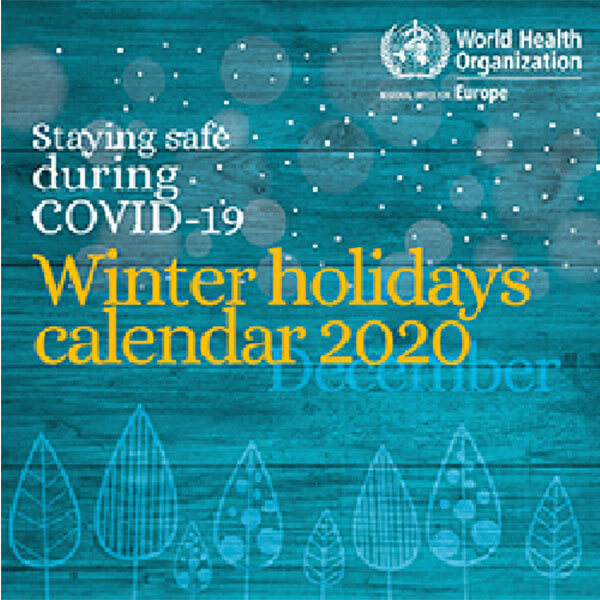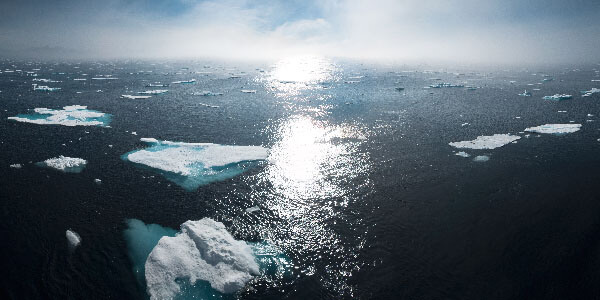, https://www.europarl.europa.eu/news/en/press-room/20201126IPR92515/
- Current rules do not ensure fair distribution of responsibility among member states
- Frontline countries bear a disproportionate burden in terms of registration and reception of asylum-seekers
- In the absence of a reform, more resources must be channelled to frontline member states
The Dublin Regulation does not share responsibility fairly among member states nor secure swift access to asylum procedures, say Civil Liberties Committee MEPs.
In a draft resolution to assess the functioning of the law that determines the member state which has to deal with an asylum application, the committee notes that the 2013 Dublin III Regulation puts a “disproportionate responsibility on a minority of member states, in particular when high numbers of arrivals occur”. MEPs call for a solidarity-based mechanism to ensure the fundamental right to asylum in the EU and the equal distribution of responsibility among member states.
The inappropriate application of the hierarchy of criteria – in particular the excessive use of the first country of entry criterion – and the ineffective implementation of transfers increase pressure on certain countries, namely Greece, Italy, Malta, Cyprus, and Spain, according to the committee, which asks for fairer rules.
MEPs regret that Council, contrary to Parliament, did not adopt a position on the 2016 proposal to reform the Dublin Regulation, thereby blocking that reform and leaving the Union with the “same set of rules which have proven to be ineffective” in managing high numbers of arrivals. They insist that ad hoc agreements on relocation cannot replace a harmonized and sustainable Common European and Asylum System and demand more resources and capabilities for frontline member states as long as the Dublin rules are not reformed.
The non-legislative text was approved with 45 votes to 10 and 13 abstentions. It will be put to the vote by the full House during the next plenary session. You can read more about the draft resolution here.














